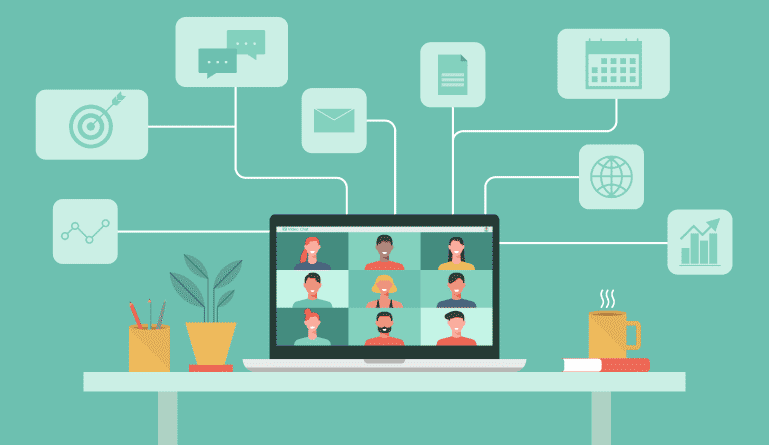Modern businesses and HR professionals from all over the world have read something about HR analytics by now. Analytics is changing the face of business, journalists claim, from automating tasks to learning how to gather and analyze data better than a team of humans. But what are the most important reasons to actually implement analytics, particularly in HR? Here are some of the actual benefits of HR analytics beyond the hype that businesses have seen real success with.
1. Recruitment and retention
What if you could more easily find the employees who would be a good fit for your business – in either skills or personality? What if you could find out why employees leave your company and make changes that encourage them to stay, saving you time, money, and stress? HR analytics help you analyze both the quality of candidates and assess your turnover.
2. Employee Engagement
Employee engagement is another top objective of HR analytics. More engaged employees are more productive and some of the best marketing for your brand. Employees are more engaged when they feel like their interests are being represented by their company and also if they believe in the company’s mission and feel that the big picture objectives are communicated to them. Not only can HR analytics help you understand the real measure of productivity per employee, but it also gives you an analytical way to assess employee engagement. If productivity is high, it makes sense to think that employee engagement is in a good place. If not, or if you want to maintain that level of engagement, you have a system to solicit feedback and get an understanding of what employees need in their workplace to feel engaged. HR analytics also don’t have t be a one-way street of information gathering for the business but can help to assist with employee communications that help employees feel like more a part of the big picture future instead of just a performer of day to day operations.
3. Performance analysis
Because HR analytics is a data gathering and analyzation tool, it gives you tangible information that can inform decisions. For instance, if you want to track performance with hard deadlines and measurable metrics, HR analytics is a great way to help standardize your performance reviews. It can help employees better understand where they need to improve and also help HR departments understand training opportunities or even career paths for certain people or positions.
4. Overall business strategy
Everything above ladders up to this. One of the best ways to make sure that your workplace and HR analytics work for you is to ensure that any data collected and analyzed is used to inform decisions and create better policies for your business and your employees. HR is no longer a back-office occupation but has become a huge part of modern-day businesses. Having integrated HR systems that work with and inform other departments is a sure-fire way to build a solid foundation of personnel, policies, and practices which will help to lead your business into more successful and competitive landscapes. Imagine being able to build better budgets and projections because you have a more solid understanding of the ROI potential of each employee, the rate of turnover and cost associated with it, and understanding of how to drive productivity. HR analytics help to make this possible, and therefore better influence and enhance company strategy.
Not everyone will agree on the objectives and purpose of HR analytics for their business, but it’s certainly important to decide what you want your company to be able to get out of analytics before implementing at your organization. More than just a business buzzword or industry jargon, HR analytics have the potential to impact businesses in very real ways and help prioritize both HR strategy and overall business strategy for better results.




